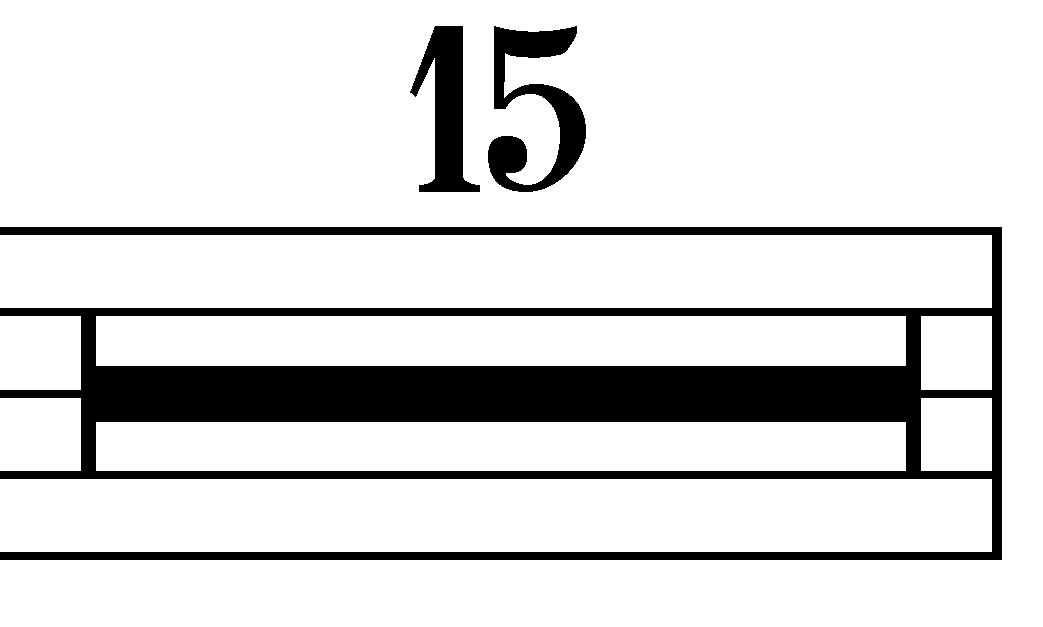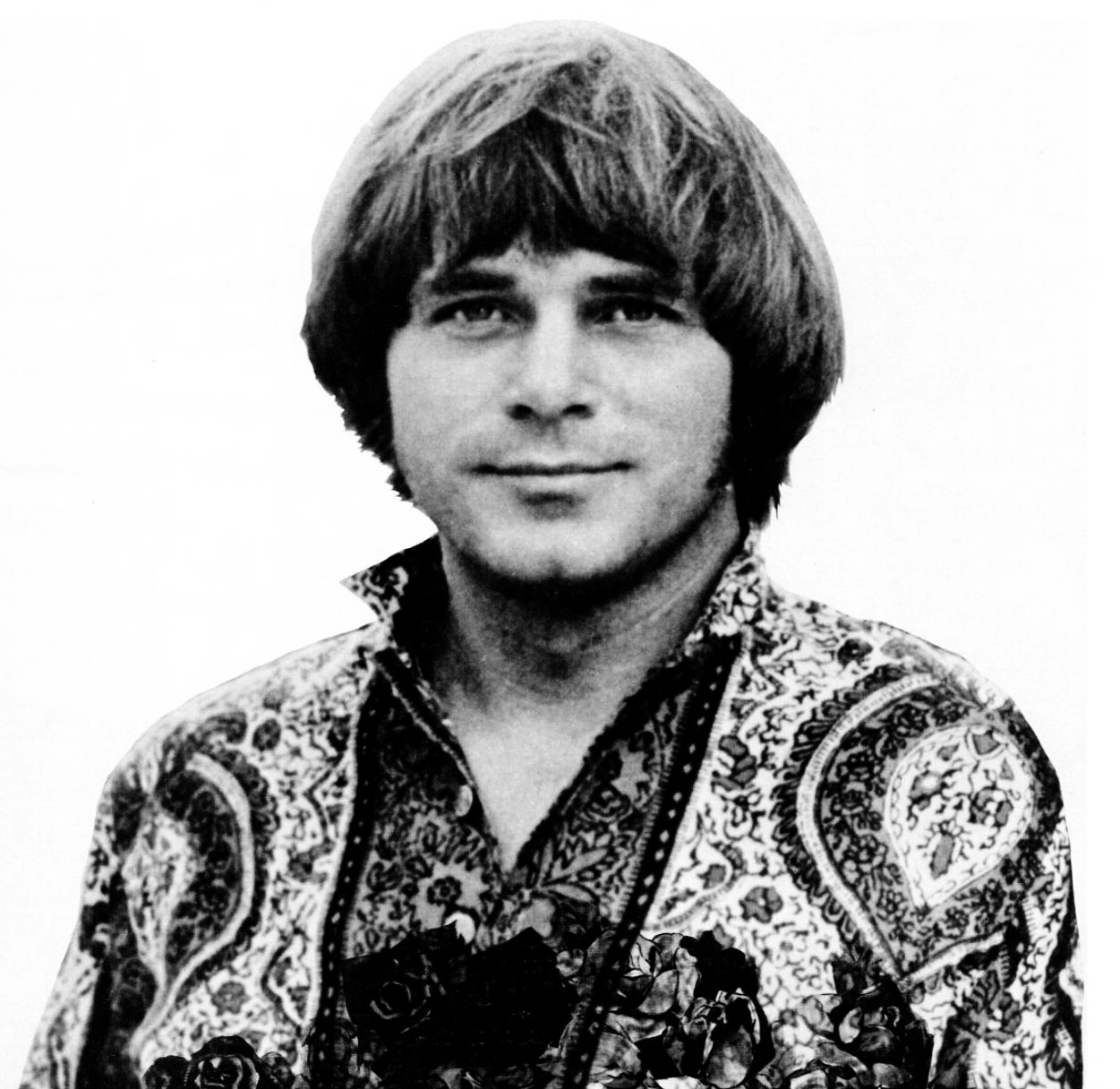|
Leopard-Skin Pill-Box Hat
"Leopard-Skin Pill-Box Hat" is a song by the American singer-songwriter Bob Dylan, which was released on the second side of his seventh studio album ''Blonde on Blonde'' (1966). The song was written by Dylan, and produced by Bob Johnston. Dylan has denied that the song references any specific individual, although critics have speculated that it refers to Edie Sedgwick, whom Dylan had spent time with in December 1965. After several takes on January 25 and 27, 1966, in New York, the final version was finally achieved in the early hours of March 10 in Nashville. Released as a single in March 1967, "Leopard-Skin Pill-Box Hat" peaked at number 81 on the American ''Billboard'' Hot 100 chart in June 1967. Critics have not rated the song amongst Dylan's best, although the song's humor has been praised. From 1966 to 2013, Dylan played the song live in concert over 500 times. Background and recording The song was one of the first compositions attempted by Dylan and the Hawks when in Jan ... [...More Info...] [...Related Items...] OR: [Wikipedia] [Google] [Baidu] |
Most Likely You Go Your Way And I'll Go Mine
"Most Likely You Go Your Way and I'll Go Mine", or "Most Likely You Go Your Way (and I'll Go Mine)", is a song by the American singer-songwriter Bob Dylan. It was released as the first track on side three of his seventh studio album ''Blonde on Blonde'' (1966). The song was written by Dylan and produced by Bob Johnston. Dylan recounted that he had probably written the song after the end of a relationship. The song's narrator criticizes the lies and weakness of a woman, and says that he finds it hard to care. The final verse establishes that the woman has been unfaithful to the narrator by having a relationship with another man, as he suspected all along. Six takes, two of them complete, were recorded at Columbia Studio B in Nashville, on March 9, 1966, with Dylan accompanied by members of The Nashville A-Team of studio musicians that had been engaged for the album sessions, alongside organist Al Kooper and guitarist Robbie Robertson. The album version received a positive critica ... [...More Info...] [...Related Items...] OR: [Wikipedia] [Google] [Baidu] |
Bob Dylan
Bob Dylan (legally Robert Dylan; born Robert Allen Zimmerman, May 24, 1941) is an American singer-songwriter. Described as one of the greatest songwriters of all time, Dylan has been a major figure in popular culture over his nearly 70-year career. With an estimated more than 125 million records sold worldwide, he is one of the List of best-selling music artists, best-selling musicians of all time. Dylan added increasingly sophisticated lyrical techniques to the folk music of the early 1960s, infusing it "with the intellectualism of classic literature and poetry". His lyrics incorporated political, social, and philosophical influences, defying pop music conventions and appealing to the burgeoning Counterculture of the 1960s, counterculture. Dylan was born in St. Louis County, Minnesota. He moved to New York City in 1961 to pursue a career in music. Following his 1962 debut album, ''Bob Dylan (album), Bob Dylan'', featuring traditional folk and blues material, he released his ... [...More Info...] [...Related Items...] OR: [Wikipedia] [Google] [Baidu] |
Al Kooper
Al Kooper (born Alan Peter Kuperschmidt; February 5, 1944) is an American songwriter, record producer, and musician. Throughout much of the 1960s and 1970s he was a prolific studio musician, including playing organ on the Bob Dylan song " Like a Rolling Stone", French horn and piano on the Rolling Stones song " You Can't Always Get What You Want", and lead guitar on Rita Coolidge's " The Lady's Not for Sale". He also formed and named Blood, Sweat & Tears, though he did not stay with the group long enough to share in its subsequent popularity. Kooper produced a number of one-off collaboration albums, such as the '' Super Session'' album that saw him work separately with guitarists Mike Bloomfield and Stephen Stills. In the 1970s Kooper was a successful manager and producer, recording Lynyrd Skynyrd's first three albums. He has had a successful solo career, writing music for film soundtracks, and has lectured in musical composition. Kooper was selected for induction to the R ... [...More Info...] [...Related Items...] OR: [Wikipedia] [Google] [Baidu] |
Bar (music)
In musical notation, a bar (or measure) is a segment of music bounded by vertical lines, known as bar lines (or barlines), usually indicating one or more recurring beats. The length of the bar, measured by the number of note values it contains, is normally indicated by the time signature. Types of bar lines Regular bar lines consist of a thin vertical line extending from the top line to the bottom line of the staff, sometimes also extending between staves in the case of a grand staff or a family of instruments in an orchestral score. A ''double bar line'' (or ''double bar'') consists of two single bar lines drawn close together, separating two sections within a piece, or a bar line followed by a thicker bar line, indicating the end of a piece or movement. Note that ''double bar'' refers not to a type of ''bar'' (i.e., measure), but to a type of ''bar line''. Typically, a double bar is used when followed by a new key signature, whether or not it marks the beginning of a ne ... [...More Info...] [...Related Items...] OR: [Wikipedia] [Google] [Baidu] |
Henry Strzelecki
Henry Pershing Strzelecki (August 8, 1939 – December 30, 2014) was a Nashville studio musician who performed with Roy Orbison, Chet Atkins, Waylon Jennings, Willie Nelson, Eddy Arnold, Bob Dylan, Johnny Cash, Ronnie Milsap, Merle Haggard, and many others. Born in Birmingham, Alabama, Strzelecki began playing country music in his teens. He wrote the novelty song "Long Tall Texan," which was a hit for The Beach Boys. He worked with Chet Atkins for many years, both in the studio and on tour. He was considered a primary member of the Nashville A-Team and worked with nearly every star to come out of Nashville in the 1960s, 1970s and 1980s. In 1987 he was nominated for Bassman of the Year at the 23rd Academy of Country Music Awards. He was inducted to the Musicians Hall of Fame and Museum in 2007. Strzelecki was struck by a car in Nashville on December 22 and died of his injuries on December 30, 2014. See also *The Nashville A-Team The Nashville A-Team was a nickname given to a ... [...More Info...] [...Related Items...] OR: [Wikipedia] [Google] [Baidu] |
Harmonica
The harmonica, also known as a French harp or mouth organ, is a free reed wind instrument used worldwide in many musical genres, notably in blues, American folk music, classical music, jazz, country, and rock. The many types of harmonica include diatonic, chromatic, tremolo, octave, orchestral, and bass versions. A harmonica is played by using the lips and tongue to direct air into or out of one (or more) holes along a mouthpiece (which covers one edge of the harmonica for most of its length). Behind each hole is a chamber containing at least one reed. The most common type of harmonica is a diatonic Richter-tuned instrument with ten air passages and twenty reeds, often called a blues harp. A harmonica reed is a flat, elongated spring typically made of brass, stainless steel, or bronze, which is secured at one end over a slot that serves as an airway. When the free end is made to vibrate by the player's air, the reed alternately blocks and unblocks the airway to produce soun ... [...More Info...] [...Related Items...] OR: [Wikipedia] [Google] [Baidu] |
Fourth Time Around
"4th Time Around" (also listed as "Fourth Time Around") is a song by the American singer-songwriter Bob Dylan, which was released as the 12th track on his seventh studio album ''Blonde on Blonde'' on June 20, 1966. The song was written by Dylan and produced by Bob Johnston. Commentators often interpret it as a parody of the Beatles' 1965 song "Norwegian Wood (This Bird Has Flown)". John Lennon composed "Norwegian Wood" after being influenced by the introspective lyrics of Dylan. Lennon later reflected on his feelings of paranoia when Dylan first played him "4th Time Around". Twenty takes of "4th Time Around", most of them incomplete, were recorded at Columbia Studio A, Nashville, on February 14, 1966. The last of these was used for the album. "4th Time Around" has received critical acclaim, despite being identified as one of the lesser tracks on ''Blonde on Blonde''. Background and recording A few weeks after the release of his sixth studio album ''Highway 61 Revisited'' (1965) ... [...More Info...] [...Related Items...] OR: [Wikipedia] [Google] [Baidu] |
Jerry Kennedy
Jerry Glenn Kennedy (born 10 August 1940)Cusic, Don. (1998) "Jerry Kennedy". In ''The Encyclopedia of Country Music''. Paul Kingsbury, ed. New York: Oxford University Press. pp. 277–278. is an American record producer, songwriter and guitar player. Early years Kennedy was born in Shreveport, Louisiana. As a child, he recalls "beating on broomsticks and other things" as his initial forays into music-making. His first guitar was a Silvertone, which his parents bought for him when he was "eight or nine." He began taking lessons from a local guitar legend, Tillman Franks. Kennedy attended various shows around the Shreveport area as a boy, including the legendary ''Louisiana Hayride''. One show he particularly remembers attending is Hank Williams's last show at the Shreveport Municipal Auditorium saying, "I was a kid sittin' on the front row." In 1954, Elvis Presley performed on ''Louisiana Hayride'', and Kennedy was in attendance with a friend. He recalls their frustration with ... [...More Info...] [...Related Items...] OR: [Wikipedia] [Google] [Baidu] |
Joe South
Joe South (born Joseph Alfred Souter; February 28, 1940 – September 5, 2012) was an American singer-songwriter, guitarist, and record producer. Best known for his songwriting, South won the Grammy Award for Grammy Award for Song of the Year, Song of the Year in 1970 for "Games People Play (Joe South song), Games People Play" and was again nominated for the award in 1972 for "Rose Garden (Joe South song), Rose Garden". Career South had met and was encouraged by Bill Lowery (record producer), Bill Lowery, an Atlanta music publisher and radio personality. He began his recording career in Atlanta with the National Recording Corporation, where he served as staff guitarist along with other NRC artists Ray Stevens and Jerry Reed. South's earliest recordings have been re-released by NRC on CD. He soon returned to Nashville with The Manrando Group and then on to Charlie Wayne Felts Promotions. (Charlie Wayne Felts is the cousin of Rockabilly Hall of Fame Inductee and Grand Ole Opry Mem ... [...More Info...] [...Related Items...] OR: [Wikipedia] [Google] [Baidu] |
Wayne Moss
Wayne Moss (born February 9, 1938, in South Charleston, West Virginia, United States) is an American guitar player, bassist, record producer and songwriter best known for his session work in Nashville. In 1961, Moss founded Cinderella Sound recording studio. In 2011 it was Nashville's oldest surviving independent studio. Moss was one of the founders of Area Code 615 and Barefoot Jerry, both bands made up of Nashville session players. Biography Moss was born in 1938 in South Charleston, West Virginia. As a teenager he played in bands in nearby Charleston before eventually moving to Nashville, Tennessee in 1959. He became friends with Kenny Buttrey and Charlie McCoy. Hargus "Pig" Robbins hired him as a session musician, leading to Moss playing on recordings by artists including Patsy Cline, Waylon Jennings, Loretta Lynn, Charley Pride, Joan Baez, Steve Miller Band, and Linda Ronstadt. The first number one hit song that Moss played on was Tommy Roe's " Sheila" (1962). He also p ... [...More Info...] [...Related Items...] OR: [Wikipedia] [Google] [Baidu] |





